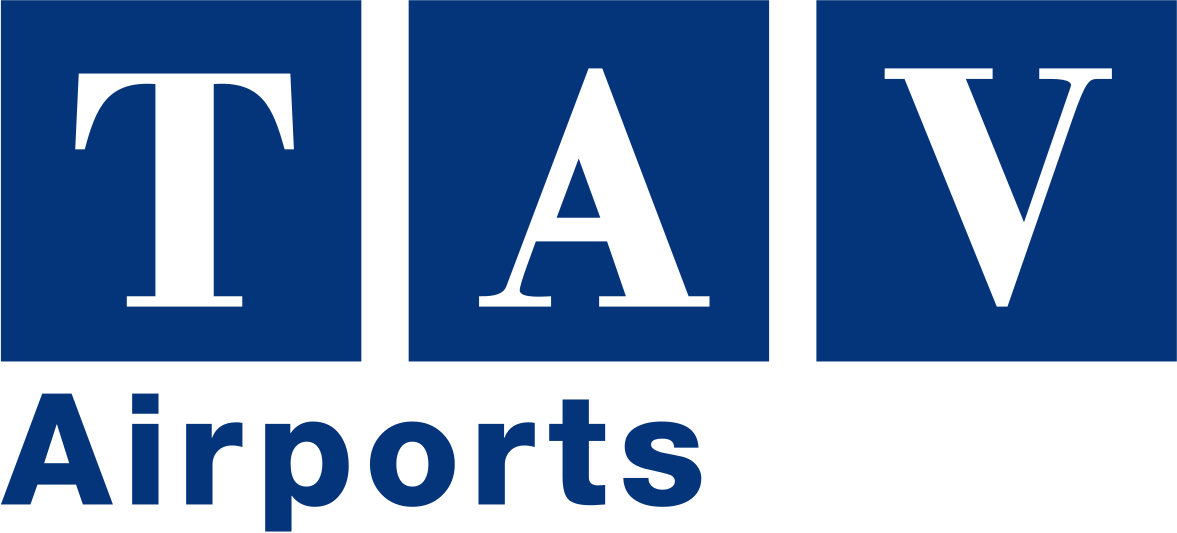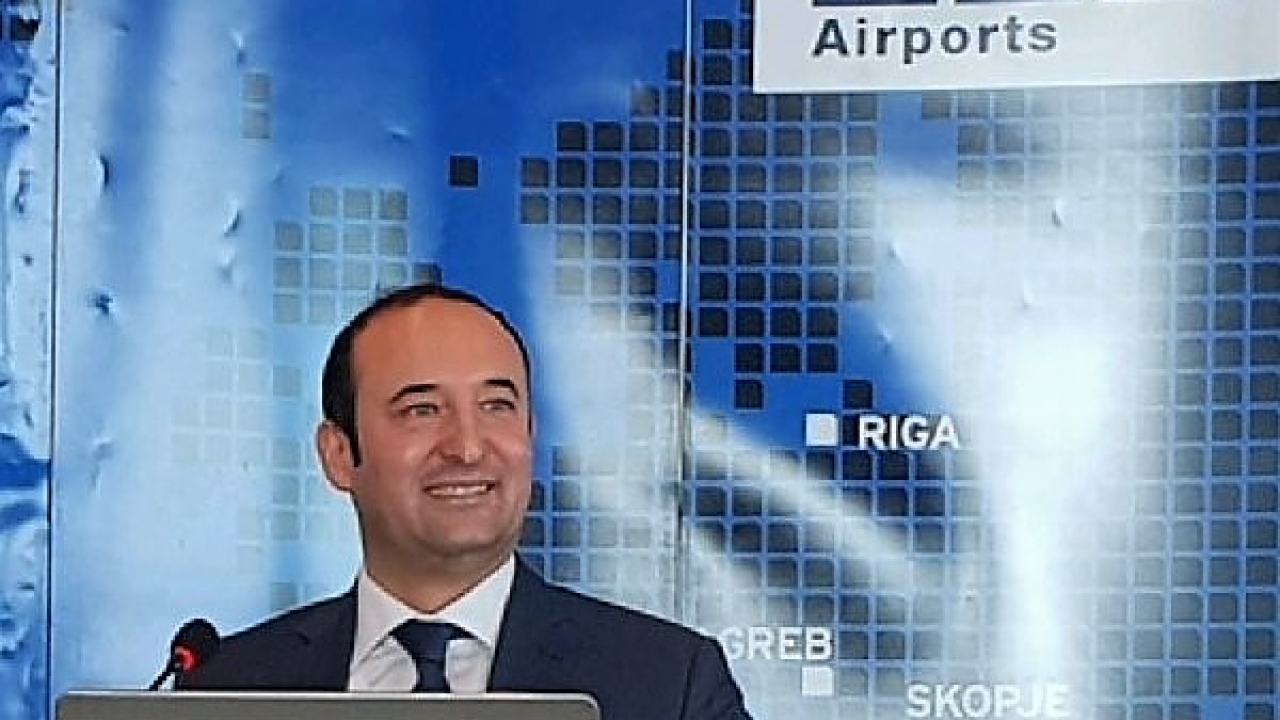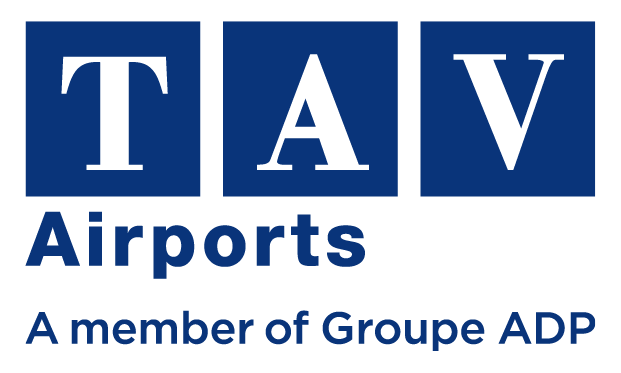tr

TAV Airports Holding AS
14
Airports
6
Countries
62
Reports

|
In the second of a two-part interview with Alp Er Tunga Ersoy, Modalis associate Sevda Fevzi examines the topics of digitalization, non-aeronautical revenue and what the future might look like for the passenger experience in a post COVID world. |
 Having outlined some key elements for customer experience success in the first part of this interview, TAV’s Alp Er Tunga Ersoy looks at some other aspects of the airports business in the light of the ongoing impact of COVID19.
Having outlined some key elements for customer experience success in the first part of this interview, TAV’s Alp Er Tunga Ersoy looks at some other aspects of the airports business in the light of the ongoing impact of COVID19.
Stepping up digital activities became essential during the COVID crisis. Which particular aspects of airport operations did these activities really help in your view?
Digitalization efforts definitely gained momentum as processes like real-time queue management, contactless document controls and check-in, and travel planning all became crucial – both for passengers and airport operators. Thanks to our previous efforts through our IT arm, TAV Technologies, we were able to respond swiftly to such demands at our airports.
With the severe downturn in passenger numbers, non-aeronautical revenue has been affected at the majority of the world’s airports. Do you think it is time for the airport business model to change, and have your airports found alternative ways to balance their revenue streams?
Indeed, you are right. Non-aeronautical revenue is a vital component of the airport business and it can determine a gateway’s financial viability. This is especially true in a downturn period since this revenue stream generates higher profit margins than aeronautical activities.
During COVID19, non-aeronautical revenues were affected very negatively due to travel restrictions between the countries. According to the predictions, it will take two to three years to reach 2019 levels again, so airports need to find alternative ways to survive and eliminate negative figures during this period.
Cargo has been one way forward. At the beginning of the pandemic, all countries tried to keep their supply chains uninterrupted in order to provide necessary goods to people all around world. As a result, the number of cargo flights and volumes increased dramatically – some airlines even converted their passenger planes for cargo services. Furthermore, authorities agreed to have several logistic centers instead of only a few of them.
Was the Almaty acquisition a response to the changing market?
TAV Airports purchased Almaty International Airport in the middle of the COVID19 crisis. It happened because we believe in the development potential of aviation in Central Asia and the growth opportunity of Almaty International Airport as the main hub of the region.
Additionally, we are working to establish cargo warehouses and increase the volume of cargo at the airports we are operating because cargo transportation will continue to develop.
TAV is a member of France’s Groupe ADP, the largest airport management platform globally. Currently TAV operates 15 airports in eight countries, and together with its service companies, the global footprint reaches 92 airports in 26 countries.
Our business model relies on managing a well-balanced portfolio, plus an integrated services offer across the airport value chain. We have benefited from this approach during the COVID crisis, as it enables us to create synergies and better cost-control compared to single-airport operators.
Moving forwards, what would you recommend to other leaders when it comes to rebuilding the foundations of passenger confidence and aiming again for an elevated customer experience?
Consider the behaviors and reactions of passengers at the beginning of COVID and today – there is significant change. At the beginning, 50% of passenger didn’t plan to travel for between six months to a year. However, today, that percentage has reduced because people want to travel again having had their freedoms to fly curtailed due to restrictions and flight bans.
Nevertheless, they want us to provide safe, secure, and hygienic travel through our airports. We have to protect our passenger, our employees and stakeholders from COVID19 so we need to keep hygiene standards high. Furthermore, digitalization processes which provide touchless systems etc should be accelerated. It is also very important to update passengers about changing travel requirements with regularly updated information.
Managing crowds and providing enough physical distancing has become essential for airports. It will get more difficult due to passenger numbers increasing again. At the same time, we need to find ways to decrease the processing time at check-in, security, border control, and aircraft boarding in the light of additional checks of travel documents such as PCR tests, vaccination documents, health passports and the like.
Last but not least, passengers should feel that our staff are smiling at them – even when they are wearing masks.
[To read the first part of this interview, click here.]